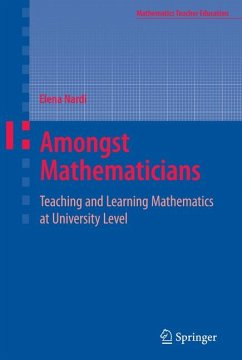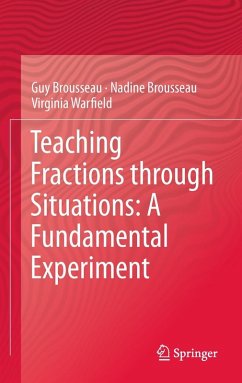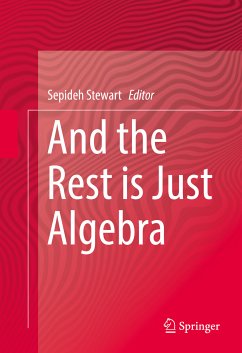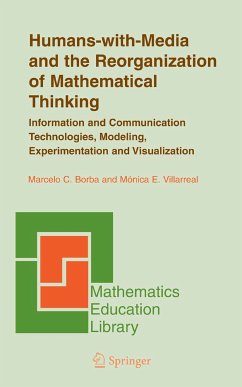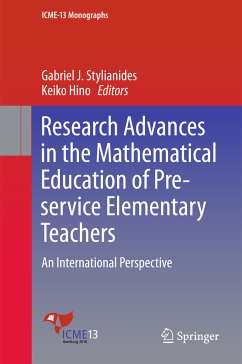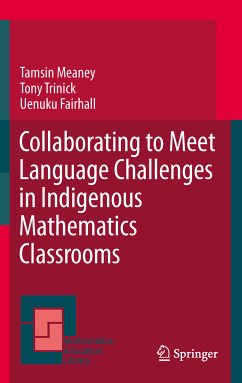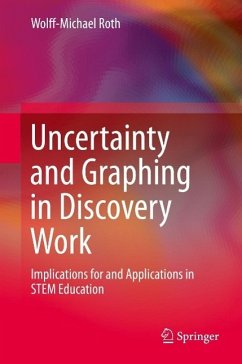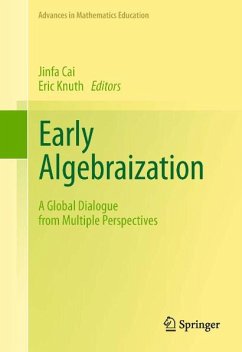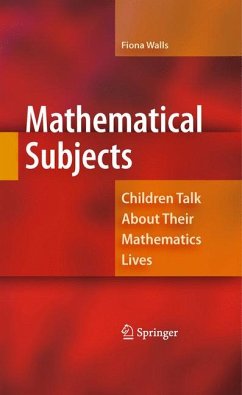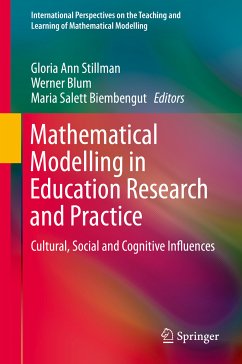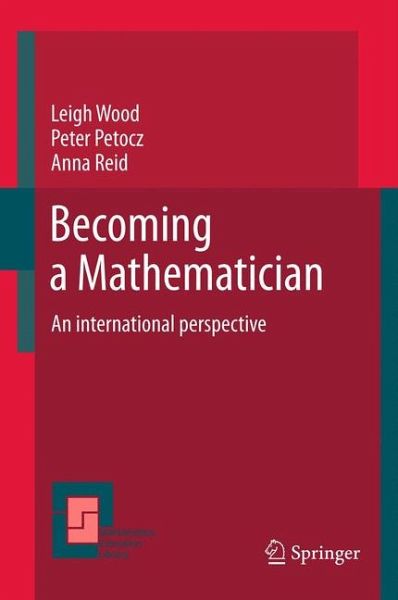
Becoming a Mathematician (eBook, PDF)
An international perspective
Versandkostenfrei!
Sofort per Download lieferbar
72,95 €
inkl. MwSt.
Weitere Ausgaben:

PAYBACK Punkte
36 °P sammeln!
This book considers the views of participants in the process of becoming a mathematician, that is, the students and the graduates. This book investigates the people who carry out mathematics rather than the topics of mathematics. Learning is about change in a person, the development of an identity and ways of interacting with the world. It investigates more generally the development of mathematical scientists for a variety of workplaces, and includes the experiences of those who were not successful in the transition to the workplace as mathematicians. The research presented is based on intervi...
This book considers the views of participants in the process of becoming a mathematician, that is, the students and the graduates. This book investigates the people who carry out mathematics rather than the topics of mathematics. Learning is about change in a person, the development of an identity and ways of interacting with the world. It investigates more generally the development of mathematical scientists for a variety of workplaces, and includes the experiences of those who were not successful in the transition to the workplace as mathematicians. The research presented is based on interviews, observations and surveys of students and graduates as they are finding their identity as a mathematician. The book contains material from the research carried out in South Africa, Northern Ireland, Canada and Brunei as well as Australia.
Dieser Download kann aus rechtlichen Gründen nur mit Rechnungsadresse in A, B, BG, CY, CZ, D, DK, EW, E, FIN, F, GR, HR, H, IRL, I, LT, L, LR, M, NL, PL, P, R, S, SLO, SK ausgeliefert werden.




